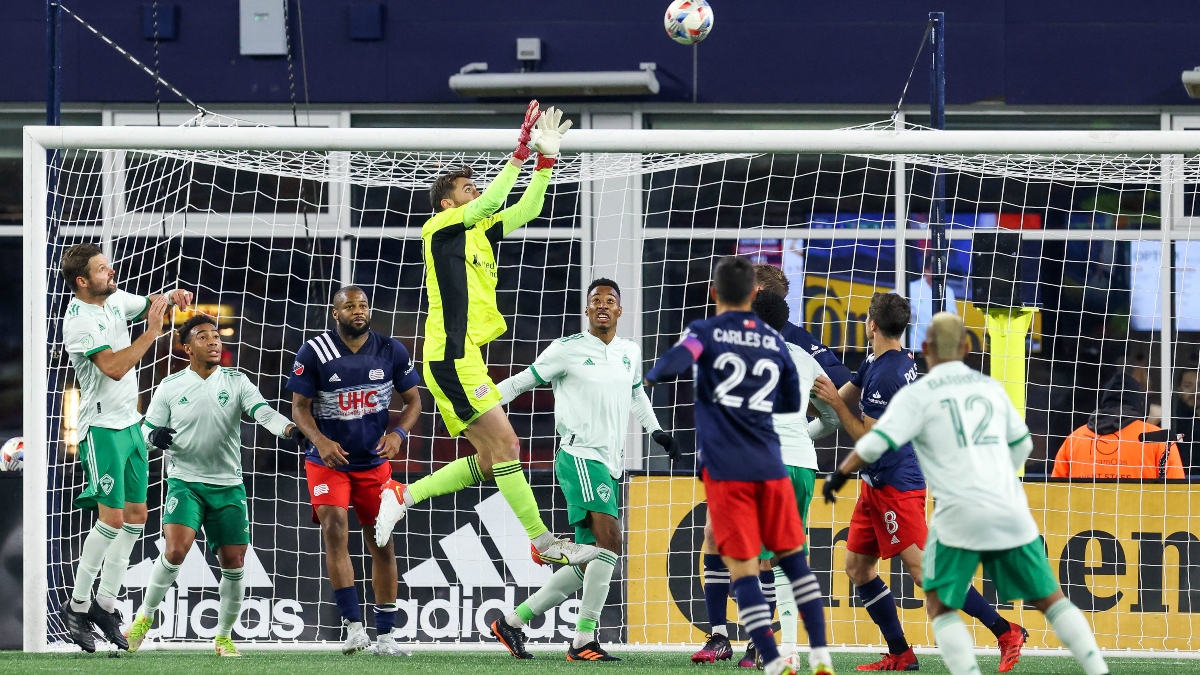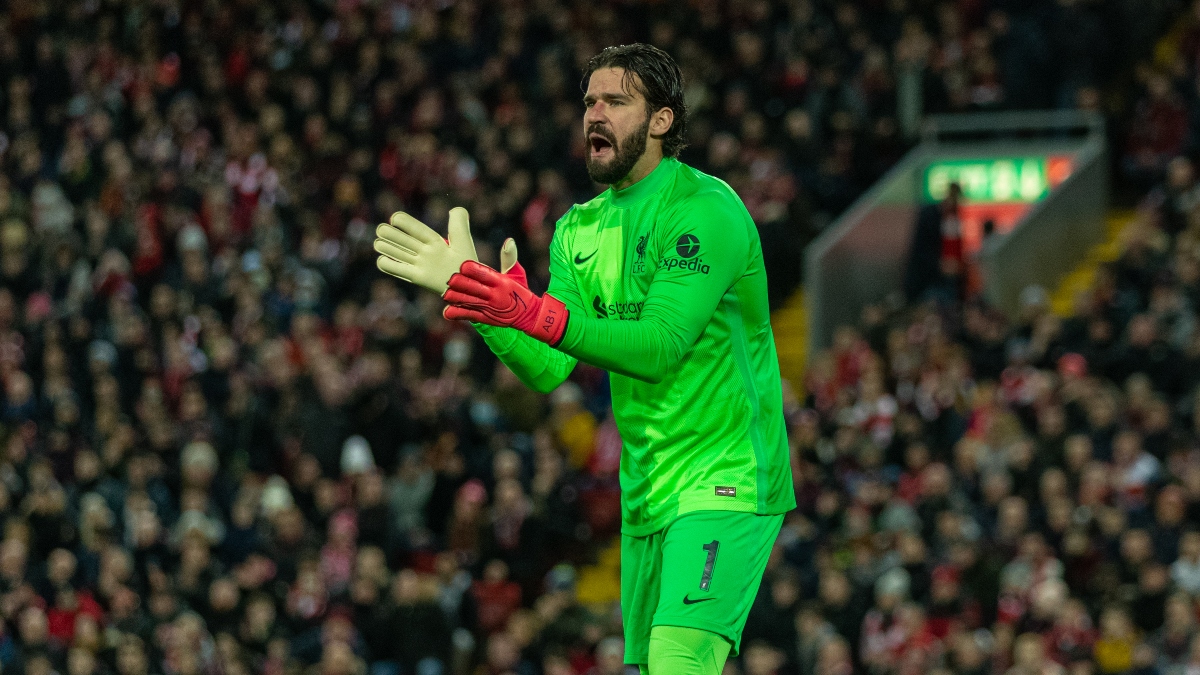It’s really hard to compare teams from different eras and come to a definitive conclusion. With so many factors to consider, it can make the exercise an unending, uphill battle.
But it’s best to start with the result. We should first look at a team in relation to the others in its era. Only then can we try and compare it to one from another time.
Spain is the dominant team of the current era. After falling to France in the quarterfinal of the 2006 FIFA World Cup, it has gone on to win every major tournament in which it has entered. Winning the 2008 UEFA European Championship (“the Euro”) and following it with a triumph at the 2010 World Cup made many consider Spain to be among the all-time great teams.
On Sunday, it thrashed Italy 4-0 to win Euro 2012, becoming the first team in history to win three straight major tournaments. The unique style in which Spain won — the team didn’t concede a goal in the last 510 minutes of the tournament and improved throughout — started the real debate about Spain’s place in history.
On merit alone this Spanish team has as good a claim to be the greatest ever as any other team. But its possession style (commonly known as “tiki-taka”) and swarming pressure without the ball has revolutionized the way the game is taught and played. That boosts its case. A Spanish victory at the 2014 World Cup should end the debate, but discussions will continue until then.
Before you call Spain the best national team in history, let’s look at some of its rivals for the crown.
The Italian team from 1934-38 is widely regarded as the first international dynasty. It won the World Cup in 1934, Olympic gold in 1936 and repeated as World Champions in 1938. It only lost three games in an impressive five-year span. The outbreak of World War II brought much of top-level soccer to a screeching halt, so it’s impossible to know if Italy would have sustained its success for a longer period.
Hungary won the Olympics in 1952 and finished second at the 1954 World Cup. It went unbeaten in 31 games from 1951-54, but didn’t win those trophies that armchair historians look to first when deciding which team is the best of all time.
From 1958-62, Brazil rose to the pinnacle of world soccer. It won the 1958 World Cup in stunning fashion, scoring five goals against France in the semifinal and five more against Sweden in the final. Brazil lost some luster with a second-place finish at the 1959 South American Championship, but it defended its world championship in 1962 to cement its place among the all-time greats. The rough-and-tumble style that top European teams adopted in the 1960s ended Brazil’s dominance, but it was only temporary.
The 1970 Brazil team is widely regarded as the best ever and raised the game to an art form. It stormed to victory in that year’s World Cup, scoring 19 times in six games. But there was no South American championship between 1967-75, so that legendary Brazilian team did have a chance to win more trophies.
The West Germany team from 1970-76 rivals the current Spanish team in terms of sustained excellence. After falling in the semifinal at the 1970 World Cup, West Germany went on to win Euro 1972 and the 1974 World Cup. It became the first team to hold the world and European titles at the same time. Its reign came to an end at Euro 1976, but the fact that it lost two competitive games in a six-year span says enough about its greatness.
The brilliant “Clockwork Orange” team that represented the Netherlands changed the way the game is played and layed the groundwork for the current Spanish philosophy. The 1974-78 Dutch team may have played some of the best soccer in history, but it finished second at the 1974 World Cup, Euro 1976 and the 1978 World Cup. Germany and Argentina prevented that Dutch team from calling itself a champion and that prevents us from calling the Dutch the best ever.
France became king of the world in the late 1990s. It won the 1998 World Cup on home soil behind a golden generation of players from various backgrounds. This team reflected the changes that immigration was having on Europe (both on and off the field), and France led the way into the future. It combined strength, speed and technique with a character that allowed it to overcome adversity. France proved its greatness by winning Euro 2000, but an early exit from the 2002 World Cup hurt its reputation.
What do you think? Is Spain better than these other teams? Vote in our poll below.
Is Spain the best international soccer team of all time?
Have a question for Marcus Kwesi O’Mard? Send it to him via Twitter at @NESNsoccer, NESN Soccer’s Facebook page or send it here. He will pick a few questions to answer every week for his mailbag.



